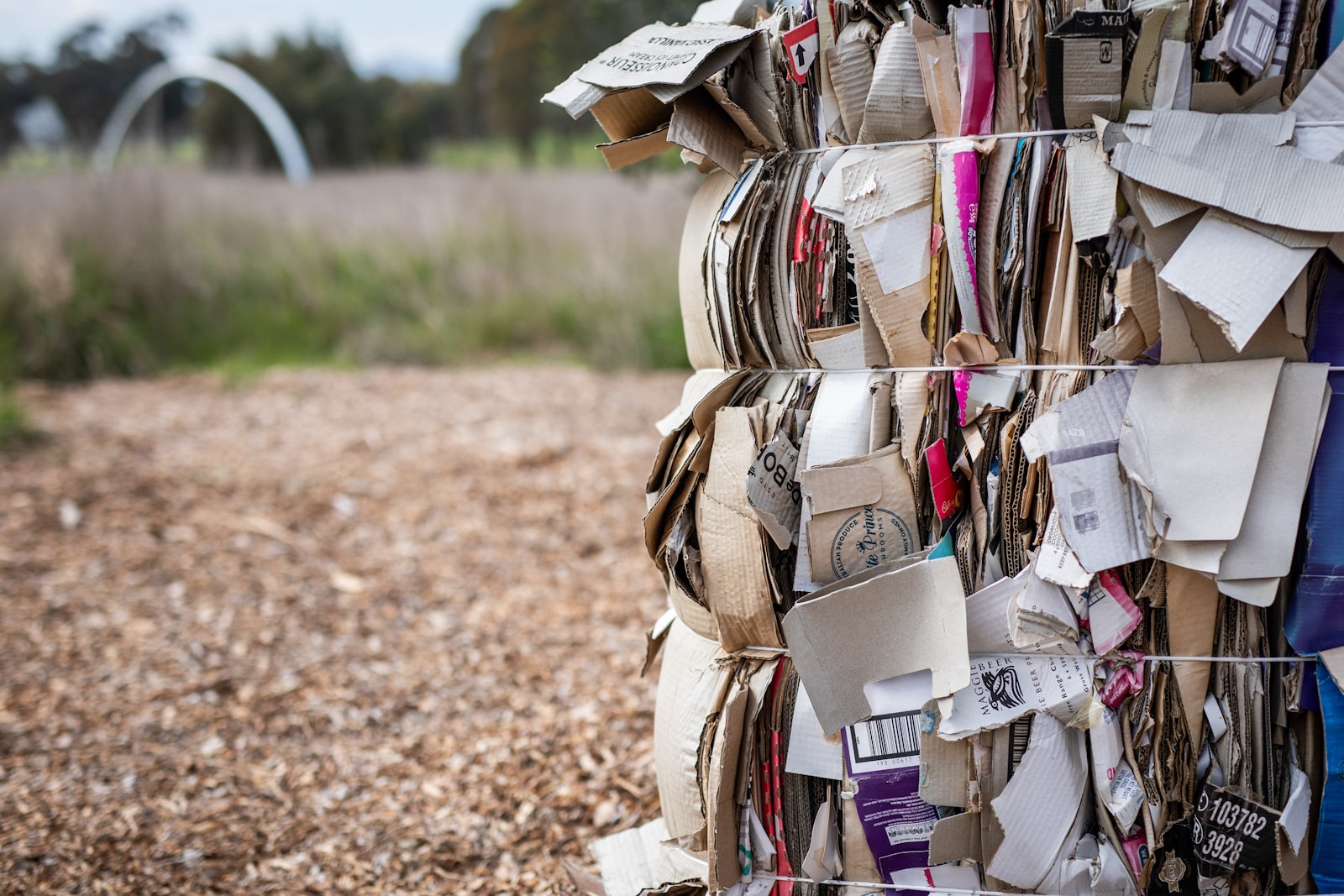Waste Disposal Companies in South Africa: Waste Hierarchy
South Africa is grappling with an ever-growing waste management challenge. With urbanisation, rising consumerism, and increasing waste generation, the pressure on landfills is intensifying. Waste disposal companies in South Africa play a critical role in addressing these issues, but the need to adopt a sustainable and systematic approach is more pressing than ever. Central to this approach is the waste hierarchy, a globally recognised framework for managing waste responsibly and minimising environmental impact.
What Is the Waste Hierarchy?
The waste hierarchy is a guiding principle designed to prioritise waste management strategies that reduce environmental harm. It consists of five steps:
- Prevention: This step focuses on reducing waste at its source by designing products and systems that minimise material use.
- Reuse: Items are repurposed in their current form, extending their life cycle without additional processing.
- Recycling: Materials are converted into new products, conserving natural resources and reducing the need for raw materials.
- Recovery: Energy is extracted from waste that cannot be recycled, such as through incineration or biogas production.
- Disposal: This is the last resort, involving the safe handling of waste that cannot be managed through other steps.
By prioritising prevention, reuse, and recycling, waste disposal companies in South Africa can significantly reduce the environmental impact of waste while contributing to the circular economy.
The South African Context
Rising Waste Generation in Urban Areas
South Africa’s urban centres are experiencing a surge in waste generation. According to the Department of Forestry, Fisheries, and the Environment (DFFE), the country produces approximately 122 million tonnes of waste annually, with a significant portion originating from urban areas. Municipalities face mounting pressure to manage this waste effectively, especially as landfills approach capacity.
The Role of Informal Markets
Informal waste pickers are a vital part of South Africa’s waste management ecosystem. They collect and sell recyclable materials, such as cardboard, metal, and plastic, contributing significantly to the reuse and recycling steps of the waste hierarchy. Recognising and supporting these efforts can enhance waste diversion rates while empowering local communities.
Recycling: Opportunities and Challenges
South Africa’s recycling rate remains low, with only 10% of waste being recycled, according to recent reports. However, there is growing potential in sectors like e-waste and plastic recycling. Innovations in these areas could drive economic growth and reduce environmental impact. For instance, e-waste recovery can reclaim valuable materials such as gold and copper, while plastic recycling can help mitigate the pollution of rivers and oceans.
Landfill Capacity and Its Implications
Landfills across the country are nearing their limits. The DFFE has flagged this issue as a significant concern, particularly in metropolitan areas. Over-reliance on disposal highlights the urgent need to implement higher steps in the waste hierarchy, such as recycling and recovery.
Notable Initiatives
Programmes like the National Waste Management Strategy (2020) underline the government’s commitment to improving waste management. This strategy focuses on waste minimisation, increased recycling, and transitioning to a circular economy. Companies like A-Thermal Environmental Solutions are aligning with these goals by offering innovative, compliant waste management services that prioritise sustainability.
Why the Waste Hierarchy Matters
Adopting the waste hierarchy is not just an environmental imperative; it also offers economic and social benefits. By reducing waste, we conserve natural resources, decrease greenhouse gas emissions, and protect ecosystems. Economically, the hierarchy supports industries like recycling and recovery, creating jobs and stimulating innovation. Socially, it improves public health by minimising pollution and encourages community involvement in waste management practices.
Waste disposal companies in South Africa have a unique opportunity to lead the charge in implementing the waste hierarchy. By embracing this model, we can transition from a wasteful linear economy to a sustainable circular one.
How A-Thermal Supports Sustainable Waste Management
A-Thermal Environmental Solutions is committed to helping South Africa tackle its waste management challenges. By prioritising environmentally sound practices, we support businesses and communities in reducing their waste footprint. Our services align with the waste hierarchy, emphasising prevention, recycling, and recovery wherever possible.
Our innovative solutions include thermal treatment of hazardous waste, which prevents harmful substances from reaching landfills and recovers valuable energy. With compliance and sustainability at the heart of our operations, A-Thermal is proud to contribute to a cleaner, greener South Africa.
Looking Ahead
The future of waste management in South Africa depends on collaborative efforts among government entities, businesses, and individuals. By adopting the waste hierarchy and investing in sustainable practices, waste disposal companies in South Africa can lead the way in reducing environmental impact and fostering a healthier planet.
If you’re looking for reliable, sustainable waste management solutions, contact us today. Together, we can make a meaningful difference.







